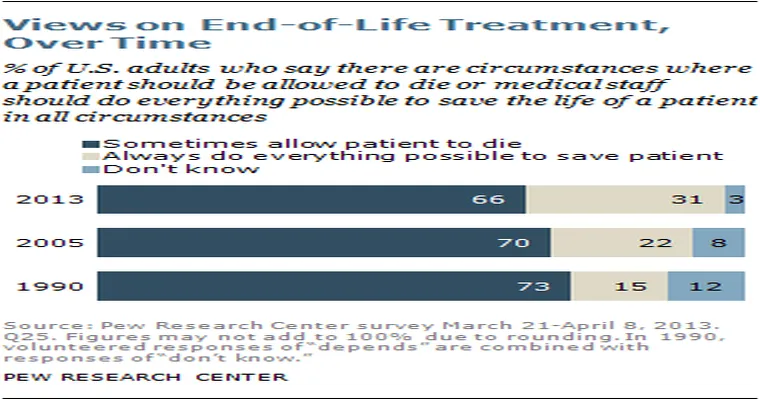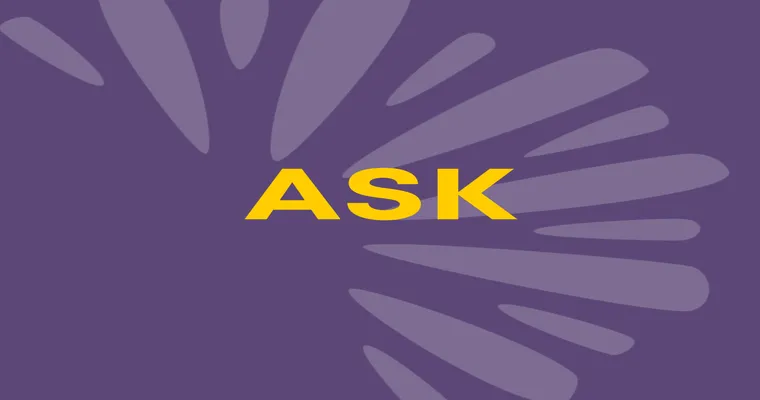In the realm of end-of-life choices, individuals often grapple with profound questions about dignity, suffering, and autonomy. The concepts of "starvation" and "assisted suicide" emerge as two controversial yet significant options for those facing terminal illness or unbearable suffering. This article delves into the ethical, emotional, and practical implications of these choices, exploring how they intersect with human rights and personal freedom.
Understanding the Choices
"Starvation" as a means of ending one’s life involves the intentional refusal of food and water. This method is often chosen by individuals seeking to regain control over their own death when faced with terminal illness or intractable pain. On the other hand, "assisted suicide" involves a healthcare professional providing the means for an individual to end their own life, typically through prescribed lethal medication. Each option presents its own set of challenges and considerations for both the individual and their loved ones.
The Ethical Debate
The ethics surrounding "assisted suicide" and "starvation" are deeply contentious. Proponents of assisted suicide argue that individuals have a right to choose their own end, especially when facing insufferable pain and a lack of quality of life. They emphasize compassion and the importance of allowing people to die with dignity. Conversely, critics raise concerns about potential abuses, the sanctity of life, and the societal implications of normalizing such practices.
"Starvation", while less frequently discussed, presents its own ethical dilemmas. Some argue that this choice reflects a form of self-determination; however, others view it as a painful and potentially traumatic way to die, raising questions about the mental state of individuals opting for this route. The psychological impact on families and caregivers also cannot be overlooked, as they may experience feelings of helplessness or guilt.
Legal Perspectives
The legality of "assisted suicide" varies widely across the globe, with some jurisdictions permitting the practice under strict regulations, while others deem it illegal. Countries like Canada, Switzerland, and some states in the U.S. have established frameworks that allow for assisted suicide, focusing on patient autonomy and informed consent.
In contrast, "starvation" does not typically fall under specific legal statutes, making it a more ambiguous option. While individuals have the right to refuse treatment, including nutrition and hydration, the ethical and legal boundaries surrounding this choice are often less clear, leading to a patchwork of responses from healthcare providers and legal systems.
Psychological Considerations
The psychological aspects of choosing between "starvation" and "assisted suicide" are significant. Individuals may experience a range of emotions, including fear, sadness, and relief, as they contemplate their options. Mental health support is crucial in these scenarios, as individuals may benefit from counseling or therapy to help them navigate their feelings and decisions.
Family dynamics also play a critical role in these choices. The decision to pursue either "assisted suicide" or "starvation" can create tension within families, leading to difficult conversations about values, beliefs, and support systems. Open communication is essential to ensure that all parties understand one another’s perspectives and can find common ground in the face of such challenging decisions.
Conclusion
The choice between "starvation" and "assisted suicide" raises complex ethical, legal, and emotional questions. As society evolves and conversations surrounding end-of-life care become more prevalent, it is imperative that individuals are given the necessary information and support to make informed decisions. Ultimately, these choices should respect the dignity and autonomy of those who are suffering, allowing them to find peace in their final exit. Engaging in open discussions about these options can foster understanding and compassion, paving the way for a more humane approach to end-of-life care.





